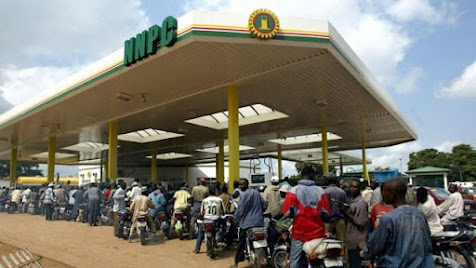By Dan Amor
In mid
2007, at the emergence of the Mrs. Patricia Olubunmi Etteh as first female
Speaker of the Federal House of Representatives, a very close friend of mine
who was then covering the Lower Chamber of the National Assembly for a top
flight national newspaper called me on phone. His message: "Dan, Nigeria has elected a Speaker who
cannot speak." My friend, a honed history scholar-turned journalist,
is a thorough-bred professional most interested in written and spoken words and
their applications. And his message was loud and clear. He spoke against the
backdrop of Etteh's alleged legendary grammatical inadequacies.
*Speaker Dogara and Senate President Saraki
As
beneficiary of the old Nsukka tradition of history and intellectual erudition,
my friend had lamented the complete absence of a culture of informed debate on
the floor of the House of Representatives, and even the Senate. Poor him! He had thought that our politicians
would cultivate the habit of formal debate which is the hallmark of the
parliament anywhere in the world and which is as old as education itself. It
dates back at least in the invention of dialectics and more specifically to
Protagoras of Abdera, who introduced this method of learning to his students
nearly 2,500 years ago.
In fact,
the rudiments of dialectics emerged from the misty past, when grunts grew into
language and men discovered that language could facilitate both the making of
decisions and changing them. Debate as a medium for policy-making came into
being in the first crude democracy when words as well as force became tools of
government. In its maturity, it prevailed over the city-state of Greece and the republic of Rome,
where skillful debaters such as Demosthenes and Cicero moved empires with
words. Aristotle himself considered rhetoric to be the first and most important
art. The highest purpose of debate is to develop, as Emerson described it, "man's thinking in the total milieu of
society and the world around him." Ultimately, debate attempts to
improve a man by laying a foundation for a better understanding of himself and
those around him, to inculcate habits of mind, breath of interests, and
enlargement of spirit. The process of debate, therefore, becomes as important
as the issues contained within it. Lest we deviate, it was this process of
intellectual confrontation that my friend said was lacking in Etteh's House.







